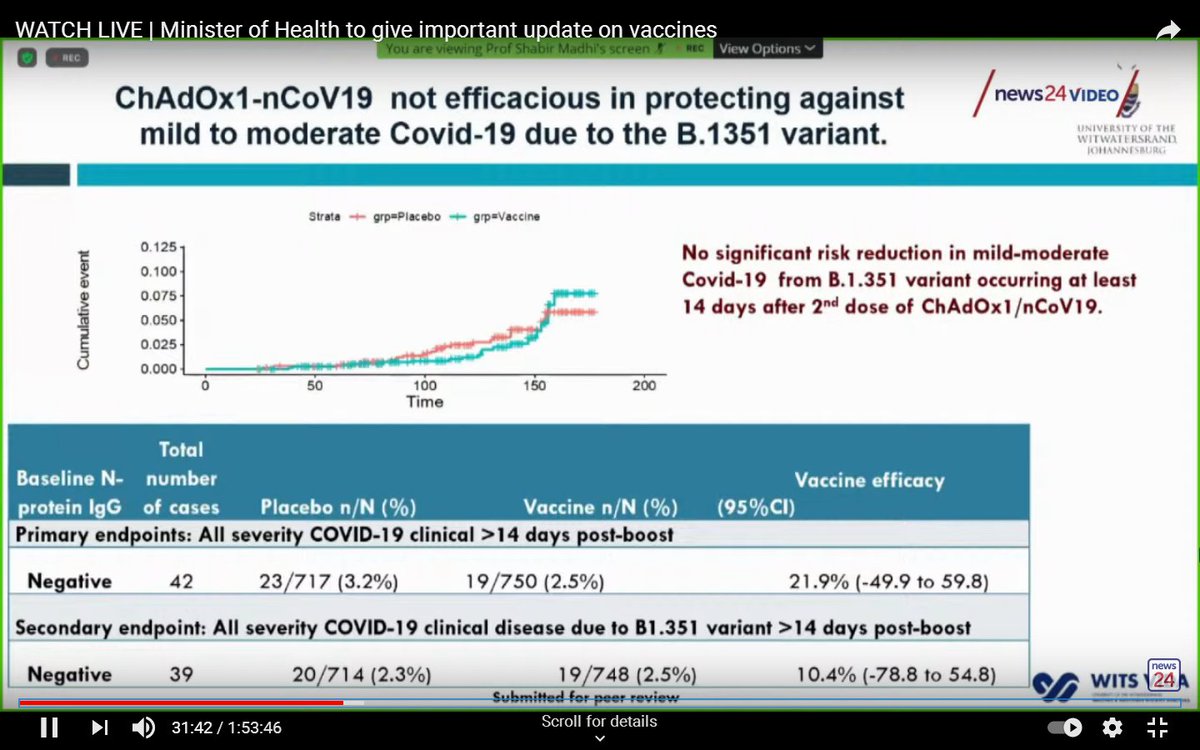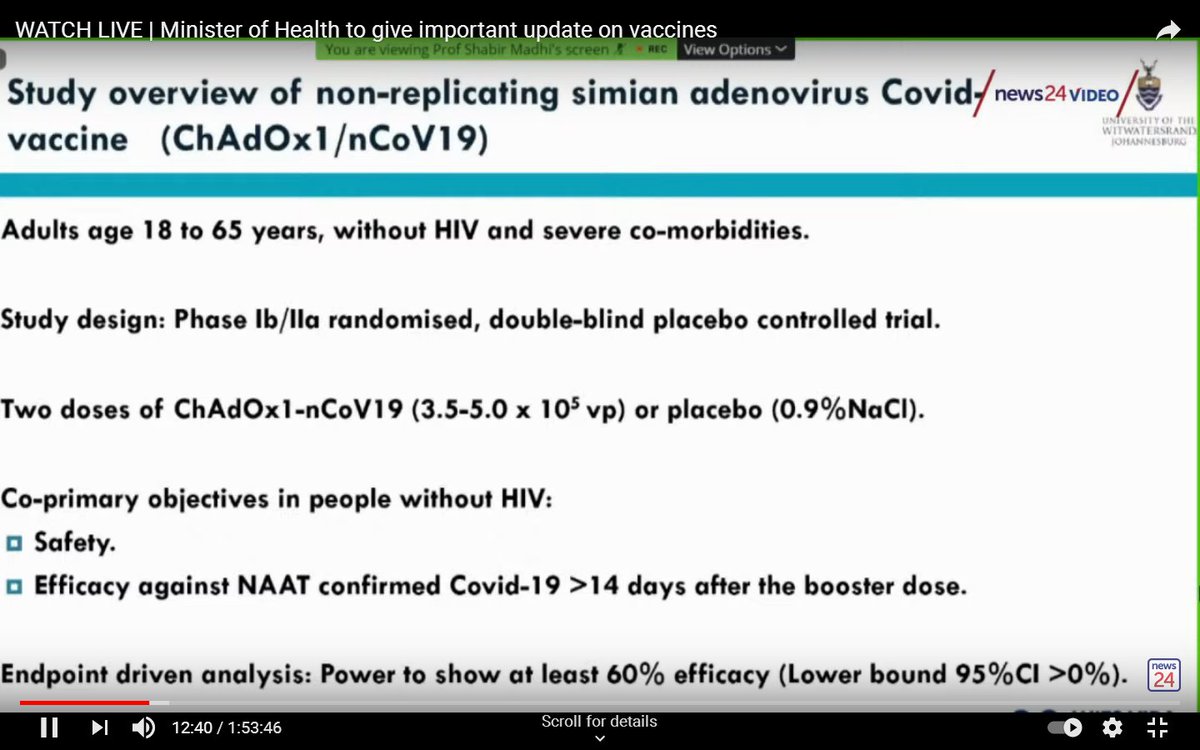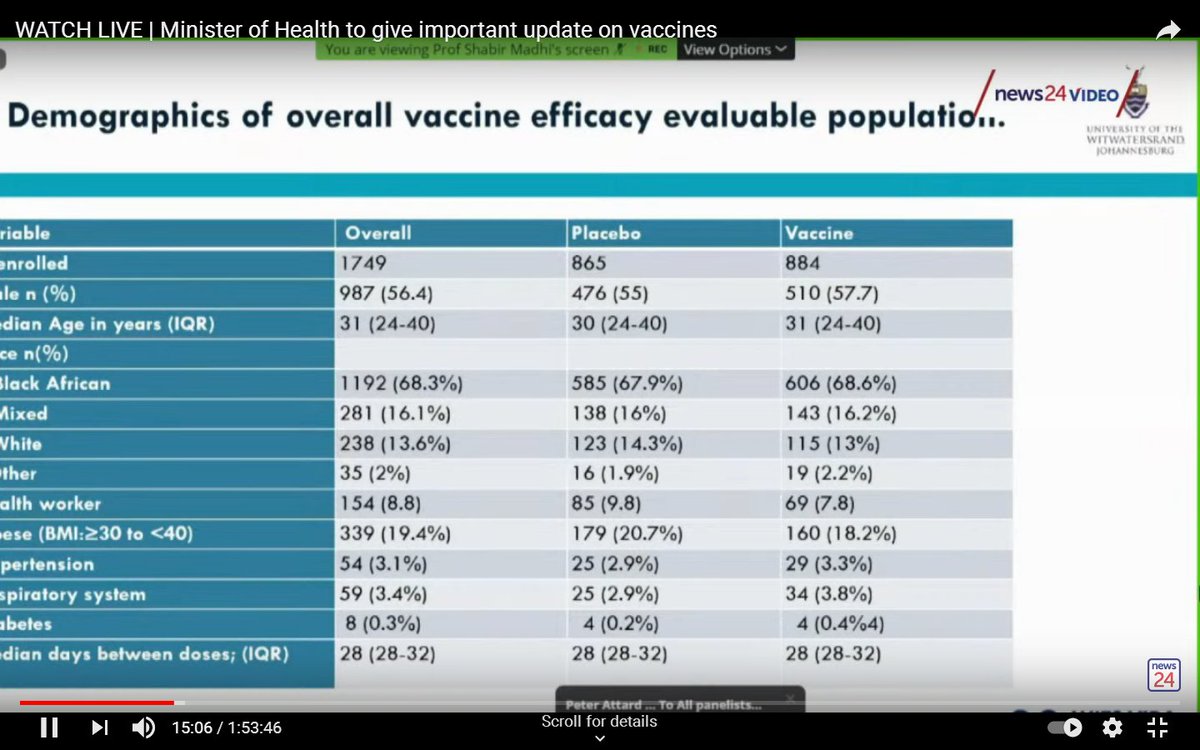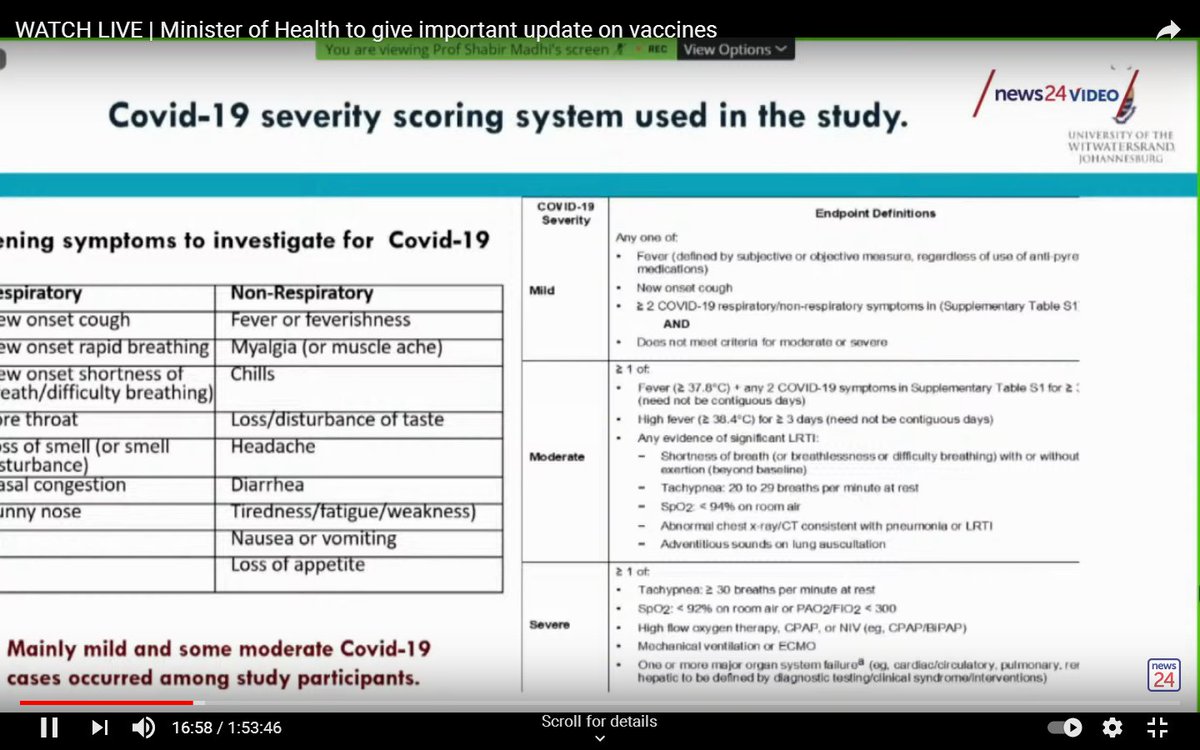
I don't like to dwell on negatives, but something important happened recently that I'd like to make public.
Shortly before Christmas, @mugecevik made a complaint to my university about me. When asked for details, she didn't provide any. My employer took a dim view of the matter.
Shortly before Christmas, @mugecevik made a complaint to my university about me. When asked for details, she didn't provide any. My employer took a dim view of the matter.
I thought that was pretty strange, but laughed the matter off. After all, the complaint didn't go anywhere and I was supported by my university.
But last week, she made a complaint to a publisher about an article I recently wrote. It was this article:
theconversation.com/herd-immunity-…
But last week, she made a complaint to a publisher about an article I recently wrote. It was this article:
theconversation.com/herd-immunity-…
She listed an astonishing 12 complaints (yes, 12!), said the article was grossly inaccurate, and asked for the article to be retracted.
However, no errors of fact were identified, so the article has not been retracted.
However, no errors of fact were identified, so the article has not been retracted.
I've been an academic for a long time - longer than my fresh-faced profile picture might suggest.
Not once in my career have I ever encountered such unprofessional behaviour from a colleague, and I'm not going to put up with it.
Not once in my career have I ever encountered such unprofessional behaviour from a colleague, and I'm not going to put up with it.
Disagreements are to be expected from time to time, and I've had my fair share of those.
Debate is integral to science, and I welcome it.
But attempting to silence others' opinions is unacceptable.
It is unbecoming of a scientist, and utterly incompatible with free inquiry.
Debate is integral to science, and I welcome it.
But attempting to silence others' opinions is unacceptable.
It is unbecoming of a scientist, and utterly incompatible with free inquiry.
Now, the point of this thread is not to seek sympathy or to arrange a pile-on. I don't want to see anyone behaving inappropriately toward Dr Cevik as a result.
But I do want people to know what happened.
Primarily, I hope calling out such behaviour will prevent a repeat of it.
But I do want people to know what happened.
Primarily, I hope calling out such behaviour will prevent a repeat of it.
Finally, since I'm in the mood to point out unprofessional behaviour, I'd like to make some comments of a general nature (not directed to Dr Cevik).
I'm quite happy to engage in debate over the interpretation of data, but I'm disappointed with the tactics some people use.
If you pay attention, you'll see people who don't (and can't) identify errors of fact, but rather resort to ad hominem attacks.
Keep an eye out for that.
If you pay attention, you'll see people who don't (and can't) identify errors of fact, but rather resort to ad hominem attacks.
Keep an eye out for that.
• • •
Missing some Tweet in this thread? You can try to
force a refresh











